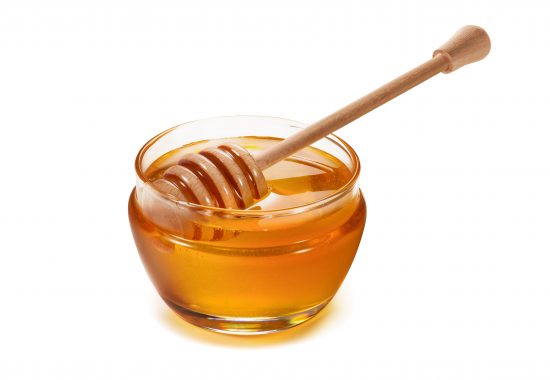GPs should recommend honey and herbal medicines for coughs, suggests NICE

GPs should recommend honey, herbal remedies and cough medicines as first-line treatment for acute cough, according to new draft NICE guidance.
The guideline, which covers prescribing for acute cough associated with an upper respiratory tract infection or acute bronchitis in adults, young people and children, has been developed with Public Health England as part of the agenda to halt antimicrobial resistance.
It recommends that GPs do not prescribe antibiotics as first-line treatment, but instead ‘give general advice to people’ about:
- ‘the usual course of acute cough (lasts up to three or four weeks)’;
- ‘how to manage their symptoms with self-care’; and
- ‘when to seek medical help, for example if symptoms worsen rapidly or significantly, do not improve after three or four weeks, or the person becomes systemically very unwell.’
In the ‘self-care’ section of the guideline, NICE says honey can be recommended for people over one year of age, alongside herbal remedy pelargonium.
It also recommends cough medicines containing the expectorant guaifenesin for people over 12, and cough medicines containing the antitussive dextromethorphan for people over 12 where the cough is ‘not persistent’.
The guideline says the self-care recommendation options are based on ‘limited evidence’ that they have ‘some benefit for the relief of cough symptoms’.
It also lists a range of cough medicines which have been found ineffective based on current evidence.
NICE added that an antibiotic may be necessary for an acute cough when a person has been identified as being systematically unwell or if they are at risk of further complications. They said this could include people with a pre-existing condition such as lung disease, immunosuppression or cystic fibrosis.
The guideline also includes guidance on the most appropriate choice of antibiotic, and course duration, for these cases.
Professor Mark Baker, director of the centre for guidelines at NICE said: ‘We are keen to highlight that in most cases, antibiotics will not be necessary to treat a cough. We want people to be offered advice on alternatives that may help ease their symptoms.’
NICE added that it was important for GPs to ‘clearly explain’ their reasons for not prescribing an antibiotic to patients.
Professor Baker said: ‘When prescribing antibiotics, it is essential to take into account the benefit to the patient and wider implications of antimicrobial resistance, only offering them to people who really need them.
‘This guideline gives health professionals and patients the information they need to make good choices about the use of antibiotics. We encourage their use only when a person is at risk of further complications.’
Public Health England antimicrobial resistance deputy director Dr Susan Hopkins said: ‘These new guidelines will support GPs to reduce antibiotic prescriptions and we encourage patients to take their GPs advice about self-care.’
NICE’s draft guidance on acute cough self care
Self-care
Be aware that limited evidence suggests that the following have some benefit for the relief of cough symptoms:
- honey (in people over one year of age)
- pelargonium (a herbal remedy)
- cough medicines containing the expectorant guaifenesin (in people over 12 years of age)
- cough medicines containing the antitussive dextromethorphan (in people over 12 years of age and if the cough is not persistent, such as in asthma, or accompanied by excessive secretions).
Be aware that:
- limited evidence suggests that antihistamines, decongestants and cough medicines containing the antitussive codeine do not help cough symptoms
- no evidence for cough medicines containing pholcodine or simple linctus was found.
Source: NICE
Visit Pulse Reference for details on 140 symptoms, including easily searchable symptoms and categories, offering you a free platform to check symptoms and receive potential diagnoses during consultations.









